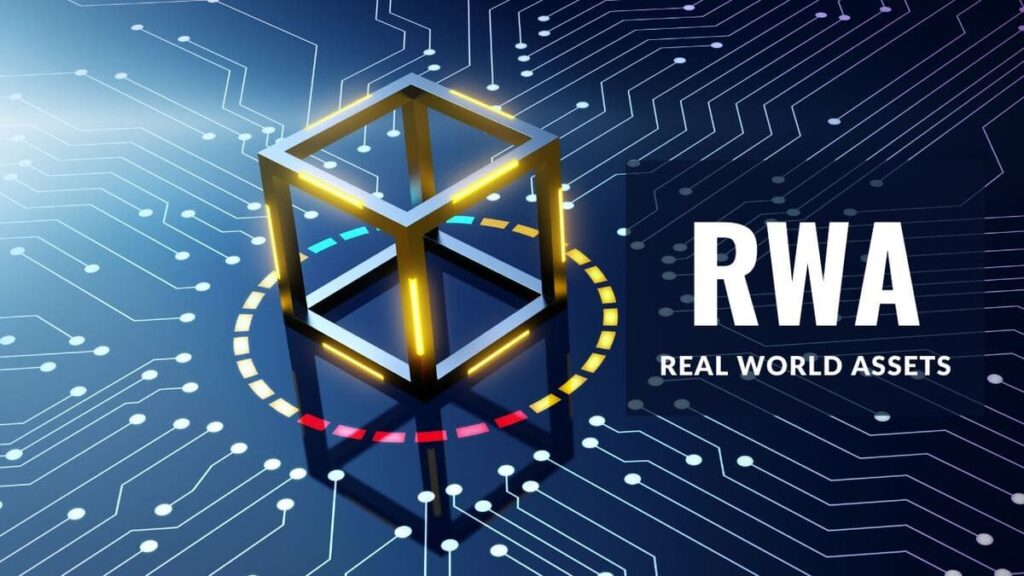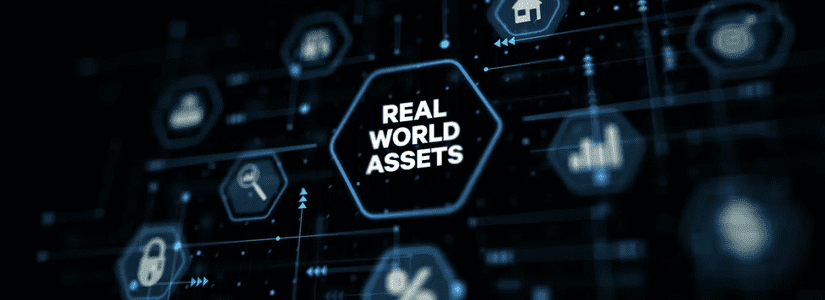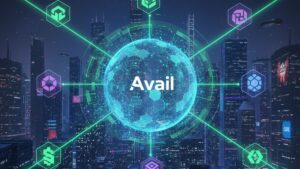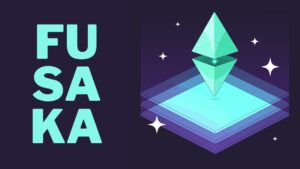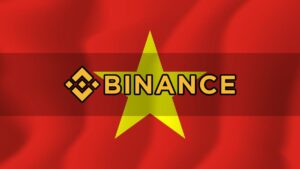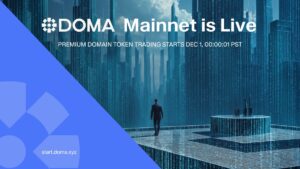TL;DR
- The tokenization of Real World Assets (RWA) will radically transform the financial industry by allowing the conversion of physical assets into digital tokens on blockchain.
- Financial democratization is one of the main advantages, as it allows investors of all levels to participate in markets previously reserved for large fortunes.
- Tokenization of real assets offers benefits such as increased liquidity, transparency, and security.
The tokenization of Real World Assets (RWA) will bring about the evolution of the financial industry, radically transforming the way traditional assets are invested in, traded, and perceived. This phenomenon, driven by blockchain technology, has opened up a new realm of possibilities by enabling the conversion of physical assets, such as real estate, artworks, and commodities, into digital tokens that can be exchanged more efficiently and accessibly across different blockchains.
The primary advantage of tokenizing real-world assets (RWA) lies in its ability to democratize access to investment opportunities previously reserved for large fortunes. By dividing assets into smaller tokens, investors of all levels are allowed to participate in markets that were previously out of reach. It is no longer necessary to be a real estate tycoon to invest in properties or a wealthy collector to own a stake in world-renowned artworks. Tokenization makes investment in tangible assets more accessible and diversified, potentially democratizing wealth and reducing economic inequality.
In addition to financial democratization, tokenization of real assets (RWA) offers a range of practical benefits. The increased liquidity it provides allows investors to buy and sell their holdings more quickly and efficiently, enhancing market flexibility and responsiveness. Furthermore, the transparency and traceability inherent in blockchain technology provide greater confidence and security to all parties involved by offering an immutable record of all transactions.
According to a report provided by 21.co, this emerging industry has the potential to reach a market capitalization of around $10 billion by the end of this decade. The estimate is based on the increasing integration of blockchain technology in various sectors, with a growing involvement of institutional actors and capital.
Tokenization of Assets (RWA) Will Require a Well-Defined Legal Framework and Backing
While tokenization of real-world assets presents significant potential, it is not without challenges and risks. Regulation remains a crucial aspect to consider, as legal and regulatory frameworks vary by jurisdiction and the type of tokenized asset. Additionally, the technological infrastructure needed to support tokenization must be robust and secure to ensure the integrity of assets and investor protection.
There is no doubt that the future will be shaped by the tokenization of assets. It represents a revolution in the financial industry with the potential to democratize access to investment and redefine global financial markets. If the challenges are properly addressed and opportunities seized, this innovation has the power to transform how wealth is built and distributed worldwide.


